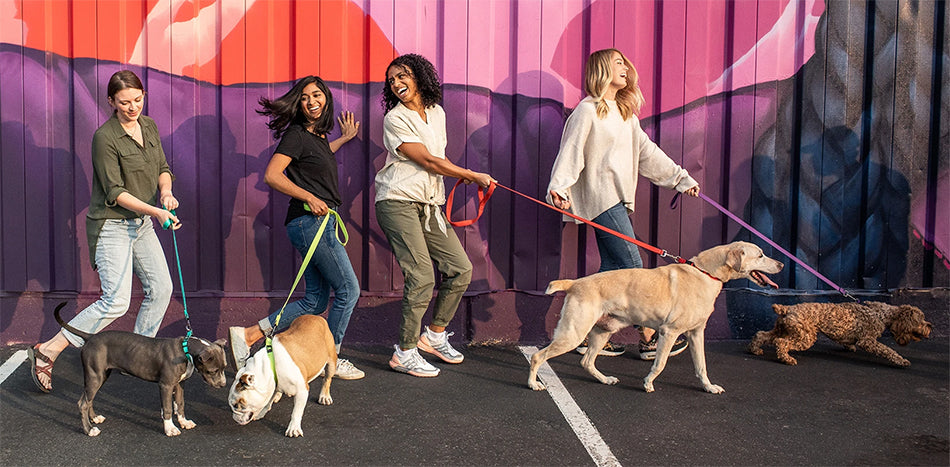Your cart is empty. Let's fix that!


This post is written by our holistic veterinarian at "I and love and you", Dr. Angie Krause, DVM, CVA, CCRT
The two weeks after having your pet spayed or neutered can be stressful! Your pet will be taking new medications and you will need to enforce exercise restrictions to protect a healing incision. In this article, I am going to give you a comprehensive overview of what to expect, potential complications, and how you can help your pet heal quickly.
The first 24-72 hours after surgery are the most painful. You can expect your pet to sleep a lot and move gingerly. It’s important to give the medications your veterinarian has prescribed. Controlling pain is an essential part of the healing process. While natural remedies such as CBD can help decrease inflammation, they are not enough to control pain alone. It’s important to remember that your pet is experiencing pain even though they may not show it.
Pro tip: Feed your pet 4-5 small meals the first few days after surgery. Anesthesia and new medications can cause an upset stomach.
This is the hardest part for you as the pet parent, but also one of the most important! Most dogs and cats start feeling better after 72 hours. Unfortunately, their incision remains unhealed. For spays, this incision leads directly inside their abdomen. If the sutures fail, the results can be catastrophic. Make sure to follow your vet recommended instructions around exercise during the healing process and content them if you feel necessary.
I recommend no stairs, running, or jumping for 7-10 days after surgery. After 10 days, you can begin doing stairs slowly and 5-10 minute walks twice daily. For energetic dogs, this level of restriction can be very difficult. If you are concerned, ask your veterinarian for sedating medications to help your pup stay calm.
Pro tip: Use food puzzles and frozen Kongs to keep your dog entertained during their recovery period!
Cat neuters are easy procedures with the fastest recovery. I recommend keeping your kitty indoors for a week post-surgery. Cats that have been spayed often limit their own activity. Most cats don’t require an Elizabethan collar (cone) to keep themselves from licking their spay incision. However, if you notice your kitty licking or biting the incision, you can use an Elizabethan collar or infant onesie to protect the incision. If you use a onesie, please get pictures, since it may be the last time you get this opportunity! (P.S. Tag us on Instagram if you do get a onesie pic!)
Pro tip: Cats are amazing! They generally take care of themselves and make good life decisions. However, medicating your cat can be tough. Check out a few tips on medicating your cat here.
Dogs tend to have more postoperative complications compared with cats. Spays often have more complications compared with neuters. The majority of complications stem from your pet being too active, too soon after surgery. Sutures can fail under the stress of the activity and cause the incision to come open. Healing sutures can become itchy after about 7 days. It’s important to keep using the Elizabethan collar (cone) until the sutures are dissolved or are removed. An alternative to the e-collar is either a shirt tied at the back for female dogs or boxer shorts for males. It’s very important that when you are unable to supervise your pet, they are not able to chew or lick at their surgery site. When pets lick and chew at the incision, it can become infected or become open. When in doubt, you can send a picture of the incision to your veterinarian if you are concerned.
Thank you for being such a great pet parent! Your pet is lucky to be loved by you. If you have any questions, leave a comment below.
Sending you and your pet a big hug,
Dr. Angie